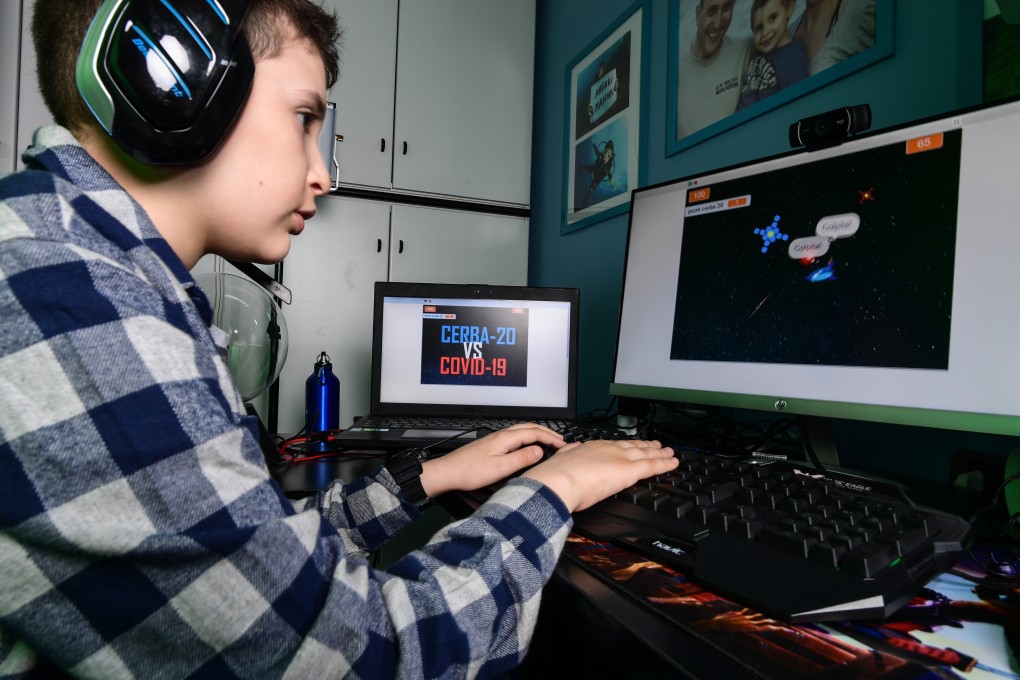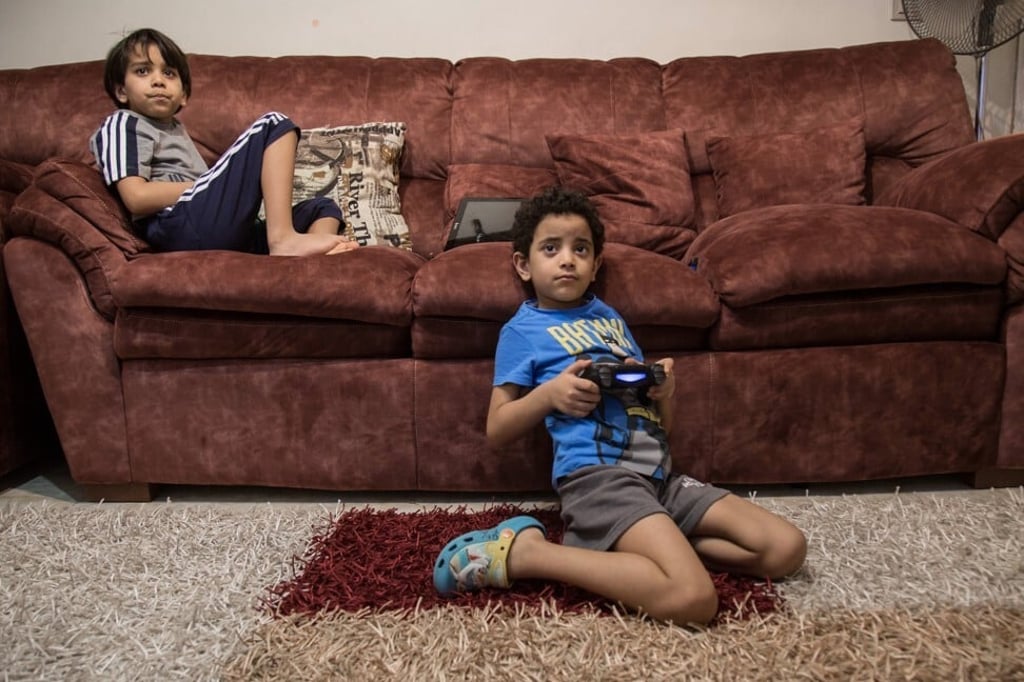Advertisement
Minecraft over mindfulness: how playing video games can help you through quarantine
- Playing video games puts your mind in a ‘flow’ state that helps focus your energy, and provides the distraction necessary to get through quarantine, study finds
- Conversely, while practising mindfulness can help you out of a crisis situation during a lockdown, its effect is the polar opposite of creating a distraction
2-MIN READ2-MIN

Your best strategy for surviving a protracted coronavirus lockdown may not be mindfulness, but playing video games, researchers say.
That’s because video-game playing – like running – is an immersive activity that helps people focus their energy by entering a state of “flow”, say the American and Chinese researchers.
Being in a state of flow reduces stress and helps time pass more quickly, the researchers say.
Advertisement
The paper, which was published in the peer-reviewed scientific journal PLoS ONE this month, was based on interviews with 5,000 people in major Chinese cities – especially Wuhan, where the coronavirus first emerged.

Advertisement
The researchers measured people’s loneliness, feelings of depression or anxiety, and whether they were engaging in healthy or unhealthy behaviours.
Advertisement
Select Voice
Select Speed
1.00x